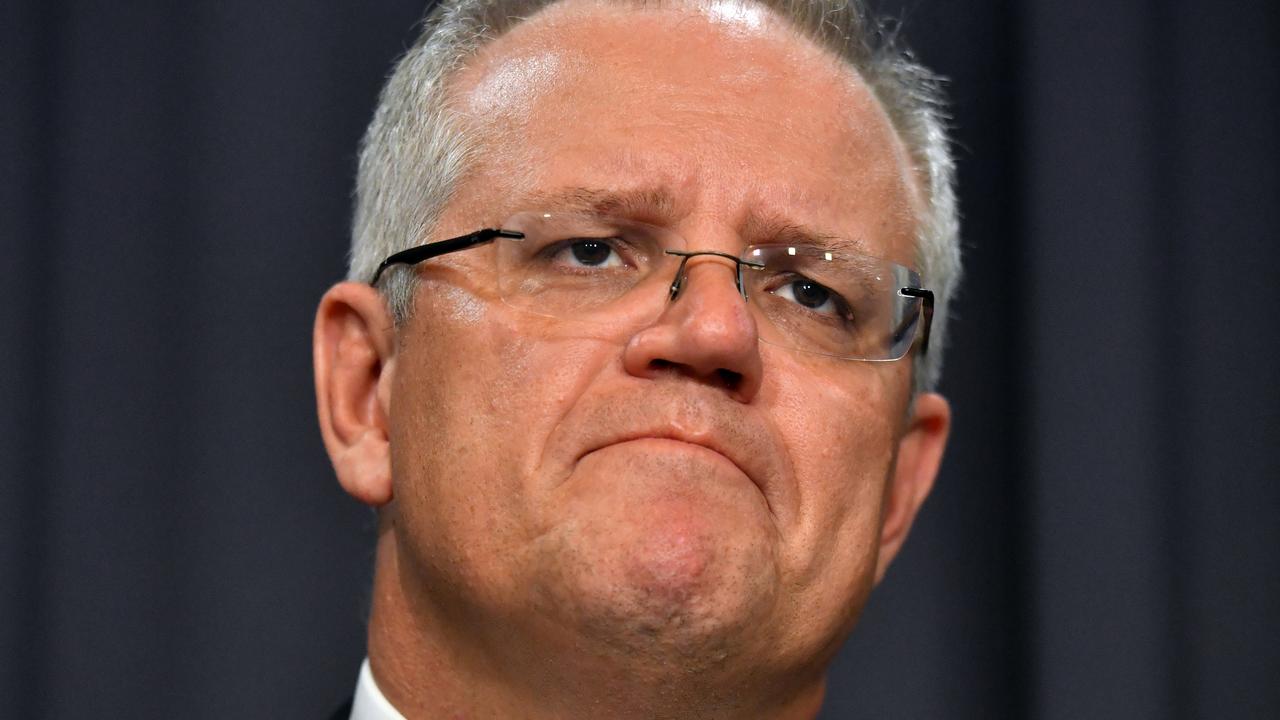In 2013, it was revealed the car manufacturer had been gifted a staggering $2.17 billion in subsidies over just 12 years to help keep the thousands of jobs ticking over.
Morrison slams Holden exit after $2 billion handout
The Federal Government has lashed out at General Motors for “walking away” from the Australian market and killing off the iconic Holden brand after accepting billions of dollars to keep its operation afloat.www.news.com.au
2.17 billion over 12 years is less than 200 million a year. So about 1/3 of the rorts money used for the election.
So 200 million to keep thousands of jobs. Or 600 million to get 80 people elected.
Anyways, rorts aside, I would have kept the subsidies and tariffs. It's well known now that the protectionism can only be bad is a fallacy. You protect industries you want but that have a hard time competing because the advantages to the country are worth it in maintaining a skills base etc that other industries that can compete can leverage off. You don't protect industries where you should be able to compete no prob. Some examples: Australia should never protect iron ore or coal mining. Australia shouldve protect car manu and some agriculture, whitegoods and electrical / electronics wouldn't have been stupid either.





